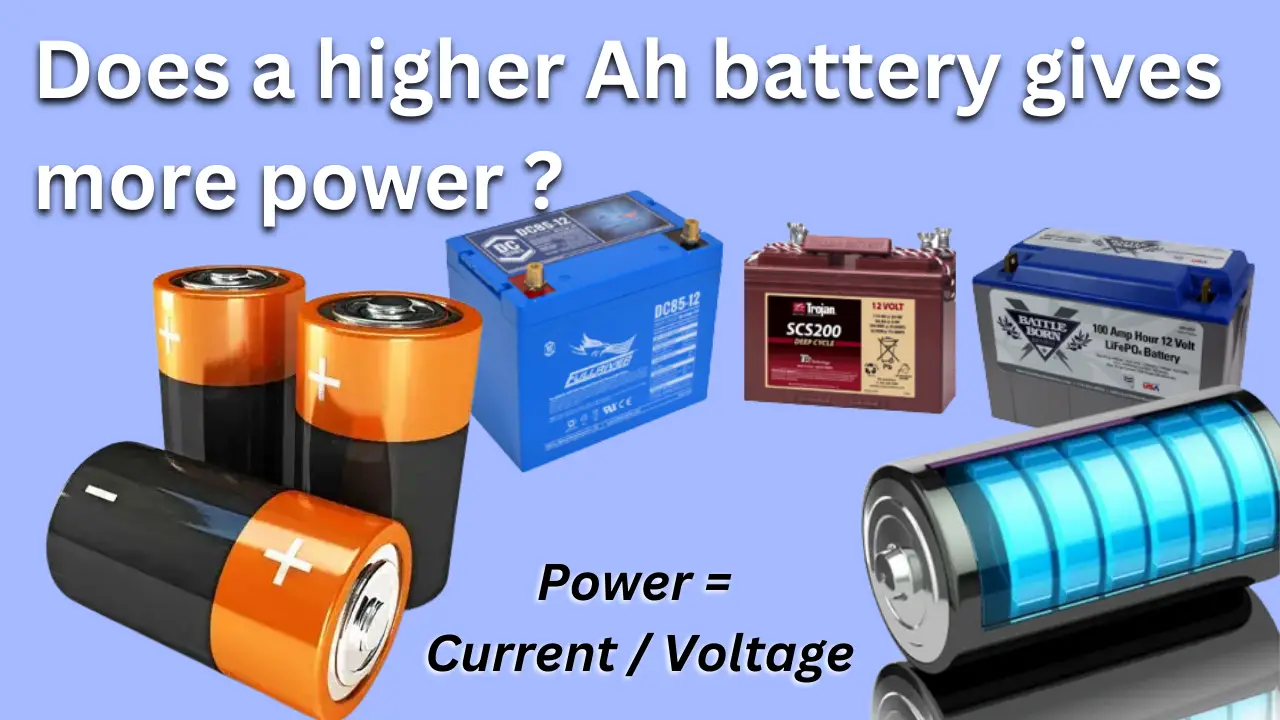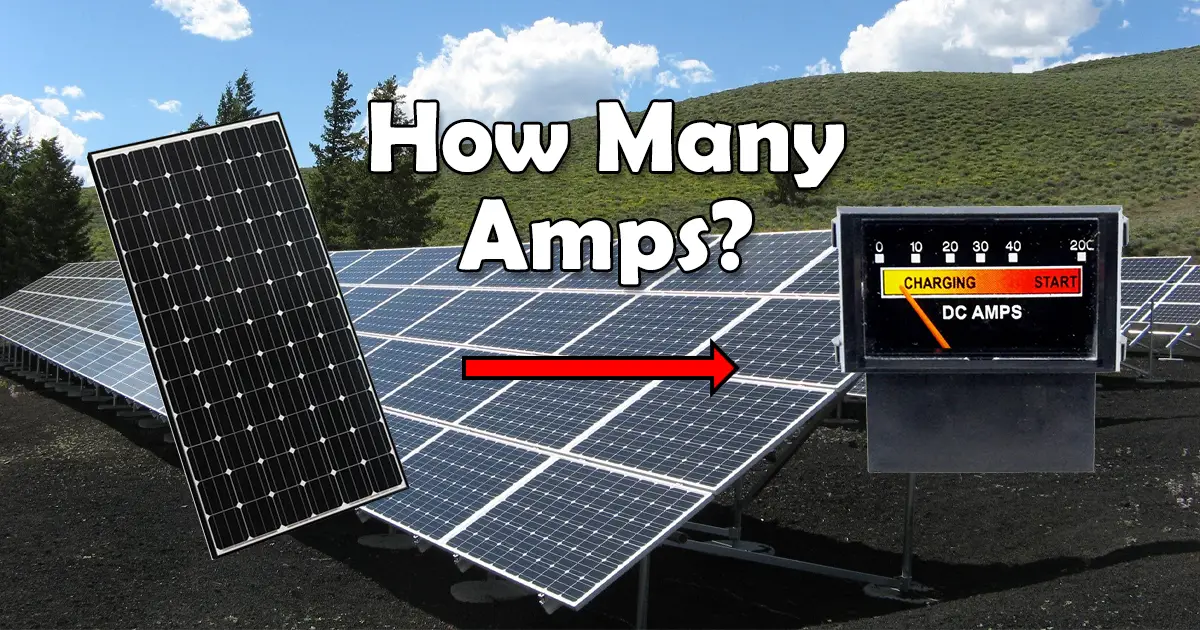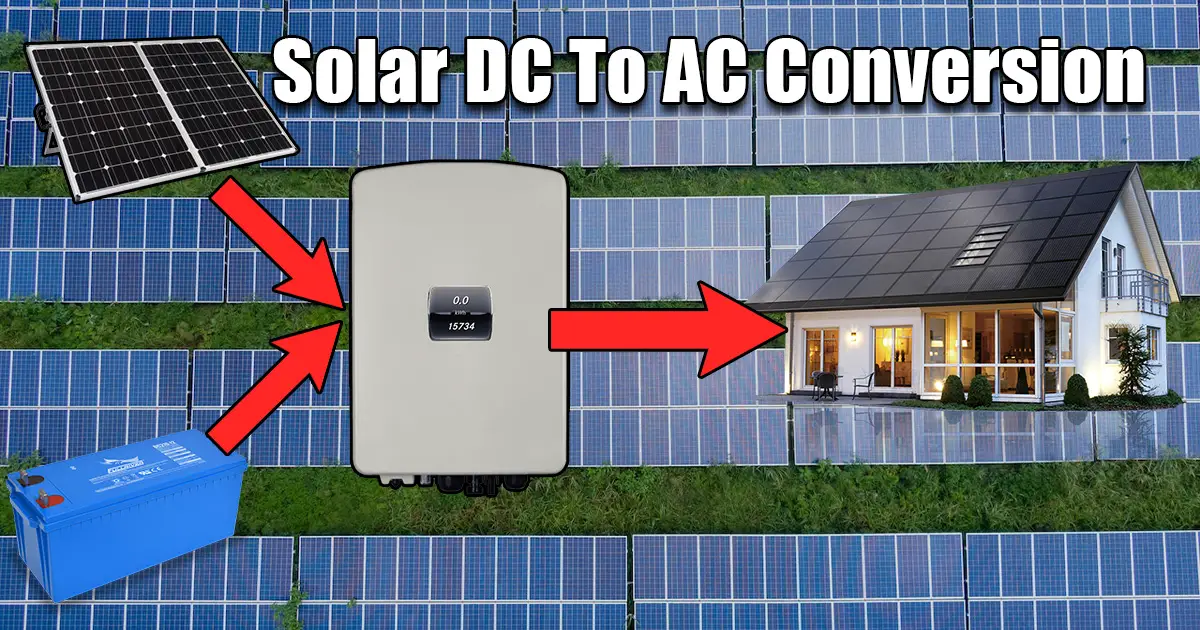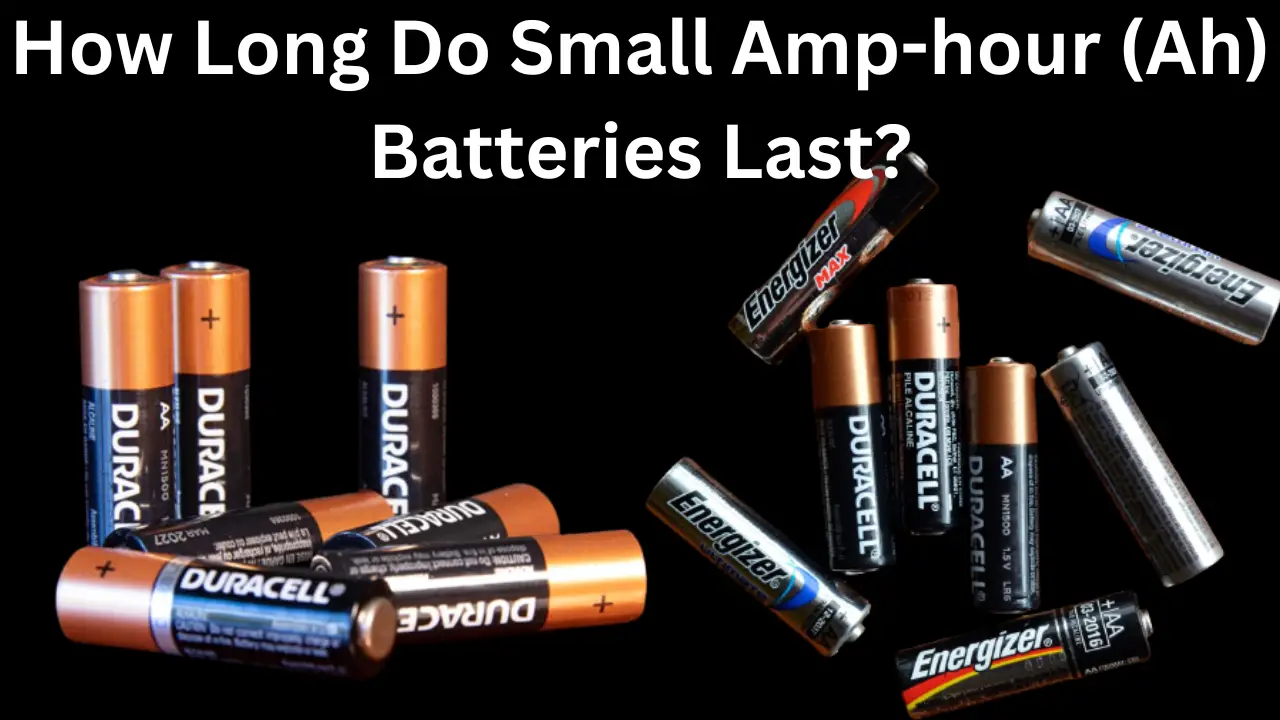Can you imagine a world without devices and gadgets like mobile phones, laptops, calculators, radios, electric cars, and many other similar tools? It’s almost impossible to imagine our lives without these devices, and we have batteries to thank for that.
Without batteries, life would take a trip back to a century ago when steam power or clockwork was the only way to create portable energy. The convenience of having portable energy sources is unmatched, and batteries have been able to provide that for us.
Batteries come in different types, and most of them do not need to be connected to an external electrical system. This is a significant advantage for portable devices like aircraft, cars, and many others that require power.
Ah, or Ampere hour, is the unit of electric charge that is commonly used to tell consumers how much amperage a battery can provide in one hour. Knowing how many Ah a battery can provide is crucial in selecting a battery that will support you in your daily routine. For instance, smartphones and power banks usually use mAh or milliamp-hours, while other automotive batteries use Ah.
So, does a battery with a greater Ah produce more power?
Despite appearances, a higher Ah rating does not always mean more power. The Ah rating only shows the battery’s ability to store and release energy and battery voltage and current ratings determine power output. Therefore, a battery with a higher Ah rating may be able to provide power for a more extended period, but it may not necessarily produce more power.
So, let us start by understanding what Ah is.
What does Ah mean by a battery?

The letter “Ah” on a battery stands for ampere-hours. This gauges the maximum amount of current a battery can deliver over time. Hence, a battery with a greater Ah rating can deliver more current for longer periods of time. It’s crucial to keep in mind, though, that this doesn’t necessarily imply that the battery will deliver greater power overall.
The voltage and wattage ratings of a battery, not its Ah rating, dictate how much power it can provide. Hence, rather than focusing on the Ah rating while shopping for a high-powered battery, you should instead pay attention to the voltage and wattage ratings. More current may be available thanks to a greater Ah rating, but overall power output isn’t necessarily increased.
Does a battery with a higher Ah output more power?
The term “Ah” or “amp-hours” refers to the standard unit of electric charge. It is a measure of the battery’s capacity and indicates how much electrical charge the battery can store and deliver over a period of time. A battery with a higher Ah rating can store more charge and therefore has a higher capacity than a battery with a lower Ah rating.
However, the Ah rating of a battery does not necessarily translate directly into more power output. The power output of a battery is determined by the voltage and current it can deliver. The voltage of a battery is usually fixed and is determined by the chemistry and design of the battery. The current, on the other hand, is the flow of electric charge and is measured in amperes (A). The more current a battery can deliver, the more power it can produce.
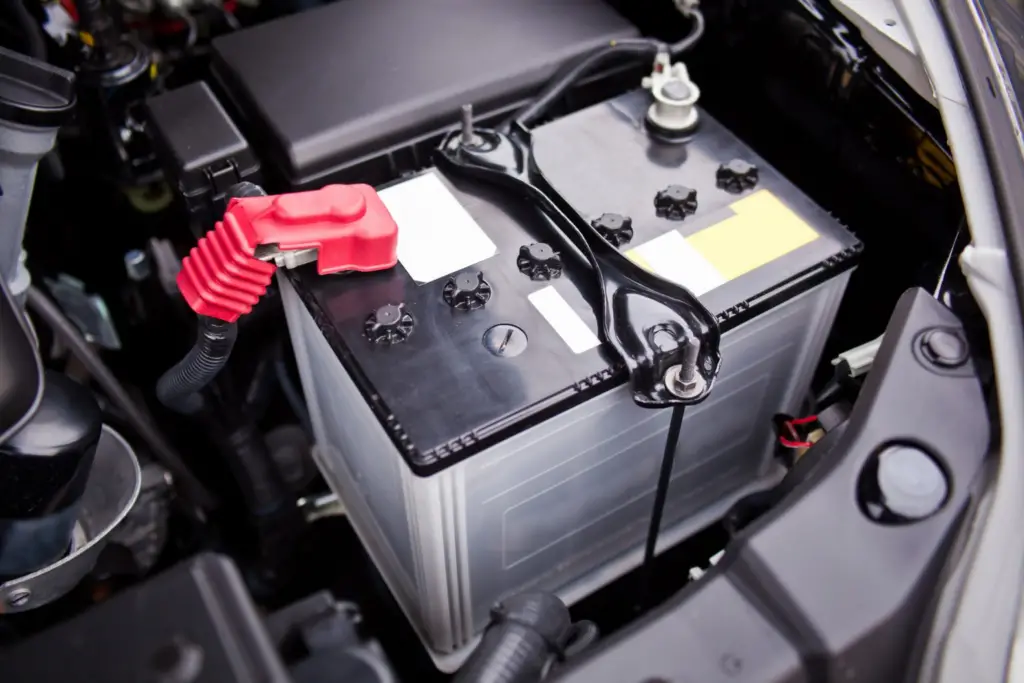
Therefore, while a battery with a higher Ah rating may have a larger capacity and be able to deliver more charge over a period of time, it does not necessarily mean that it can produce more power output. This is because the power output of a battery depends on its voltage and current, not just its capacity.
In other words, a battery with a higher Ah rating can provide more energy over time, but it may not necessarily be able to provide more power at any given moment. For example, a 12V battery with a 50 Ah rating can deliver a maximum power output of 600 watts (12V x 50A), while a 12V battery with a 100 Ah rating can deliver a maximum power output of 1200 watts (12V x 100A).
Let us understand this properly in the example below.
Example –
Let’s consider two batteries, Battery A, with a rating of 12V and 40Ah, and Battery B, with a rating of 12V and 60Ah.
Battery A can supply a current of 40 Ah for 1 hour before it is fully discharged, while Battery B can supply a current of 60 Ah for 1 hour before it is fully discharged. Both batteries have the same voltage rating of 12V, which means they can provide the same electrical potential difference to the device they are powering.
Now, if you connect Battery A and Battery B to the same device, say an LED bulb, the amount of power (in watts) the bulb receives depends on the current (in Ah) flowing through it and the voltage (in volts) applied across it. The formula for power is:
Power = Current x Voltage
Let’s assume that the LED bulb has a resistance of 3 ohms. If we connect Battery A to the bulb, the current flowing through the bulb would be:
Current = Voltage / Resistance Current = 12V / 3 ohms
Current = 4 amps (Ah)
Using the same formula, if we connect Battery B to the bulb, the current flowing through the bulb would be:
Current = Voltage / Resistance Current = 12V / 3 ohms
Current = 4 amps (Ah)
As you can see, the current flowing through the LED bulb is the same in both cases, regardless of the battery’s Ah rating. However, Battery B can supply a higher current for a longer time than Battery A, which means it has a higher energy storage capacity and can power the device for a longer duration.
Therefore, a battery with a higher Ah rating will not produce more power but will have a longer runtime compared to a battery with a lower Ah rating.
Note –
It is important to note that the power output of a battery also depends on the load it is powering. Some devices may require more power than others, and a battery with a higher Ah rating may be better suited for devices that require more power or longer periods of use.
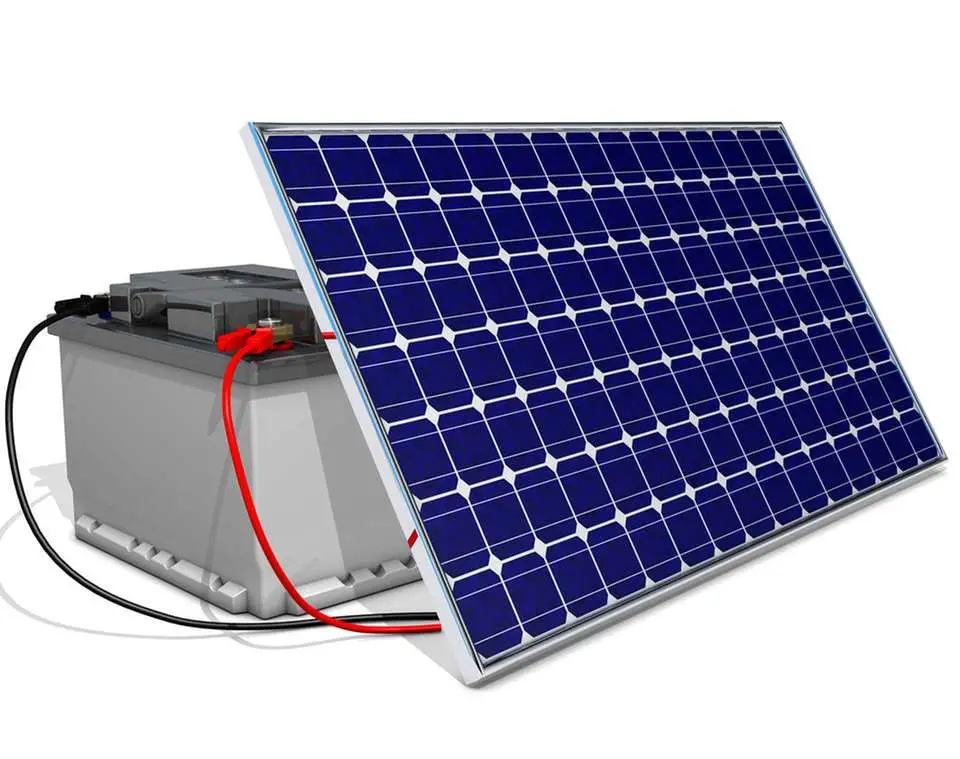
So basically, a battery with a higher Ah rating can provide more energy over time, but it does not necessarily mean that it can produce more power output. The power output of a battery depends on its voltage and current, not just it’s capacity. When selecting a battery, it is important to consider the power requirements of the device being powered, as well as the battery’s capacity and other specifications.
Benefits of a Greater Amp Hour Battery
The ability to supply more current for longer periods of time is the main advantage of a battery with more amp hours. However, compared to other batteries with lower Ah ratings but equivalent voltages and wattages, it won’t always result in higher power overall. This can be useful if you need to supply a big quantity of current for prolonged periods of time.
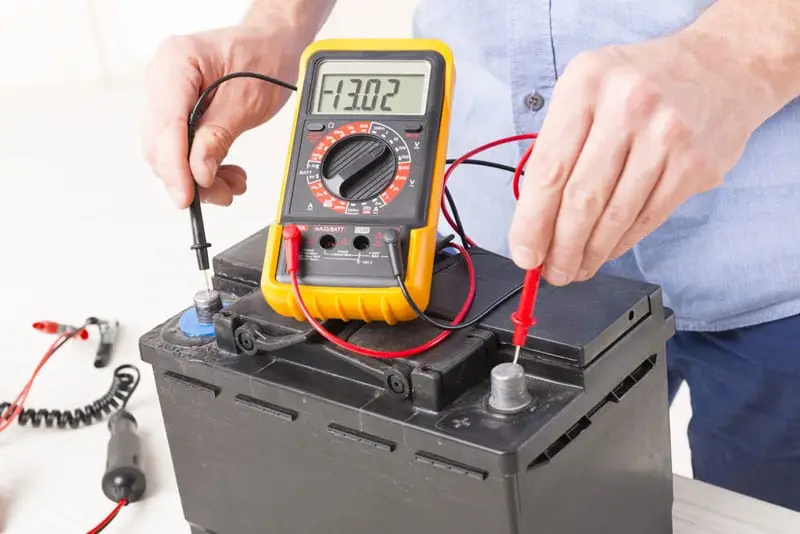
It is preferable to opt for a battery with the highest voltage and wattage ratings if your objective is to acquire the most output possible from any particular device while also maximizing efficiency. This will guarantee that you aren’t overtaxing your gadget or losing efficiency in order to obtain maximum power.
Conclusion
You can see that it’s not always easy to generalize that a higher Ah rating equates to more power. It might in some circumstances and might not in others. It depends on the tasks you are working on and how you use your tools. A greater Ah rating has the capacity to deliver more current for longer.
Instead of focusing on the Ah rating when seeking a powerful battery, consider the voltage and wattage values. I hope this article has helped to dispel some of the ambiguity surrounding this subject! You’ll be able to respond intelligently the next time someone inquires about whether or not a higher Ah rating confers more power.

